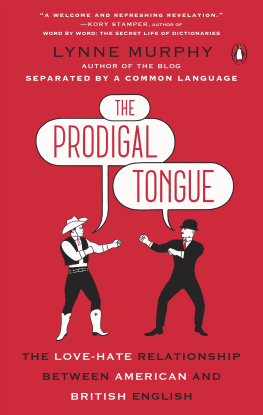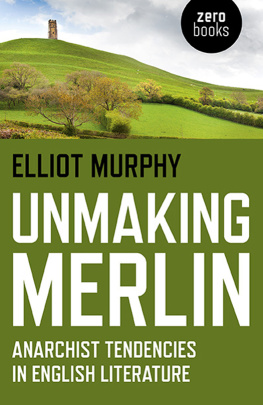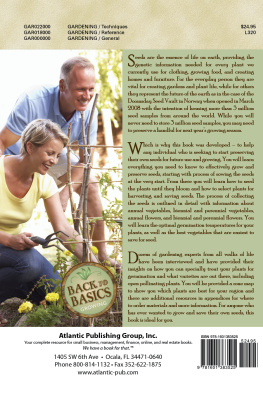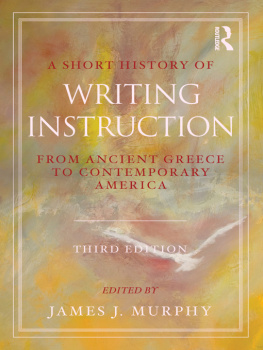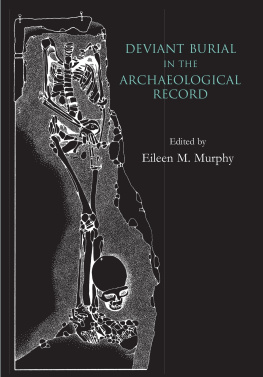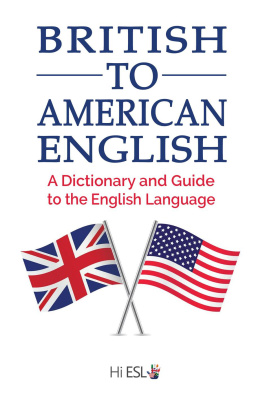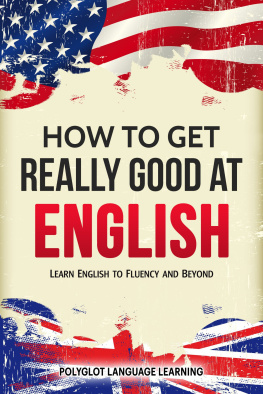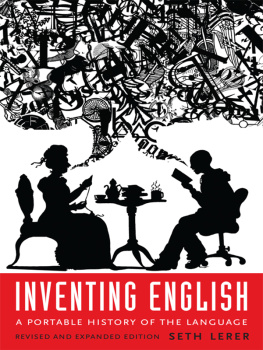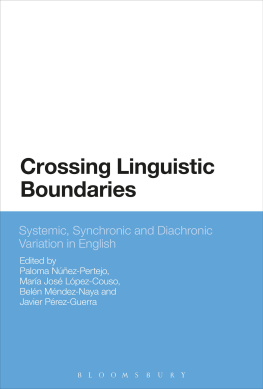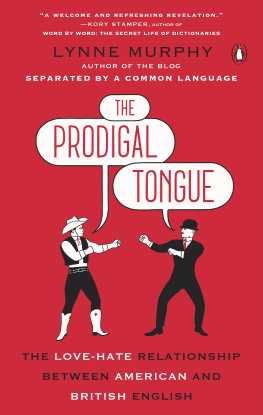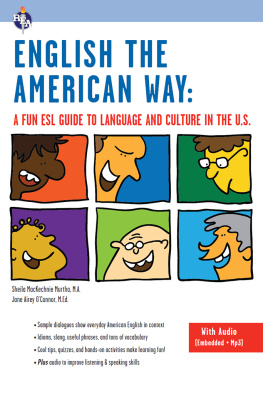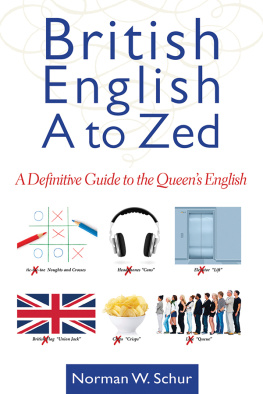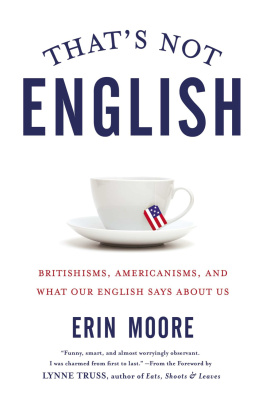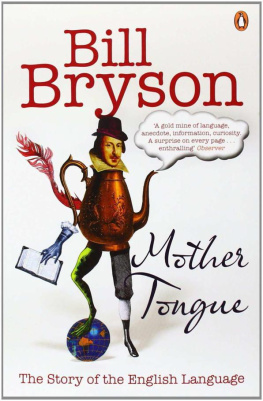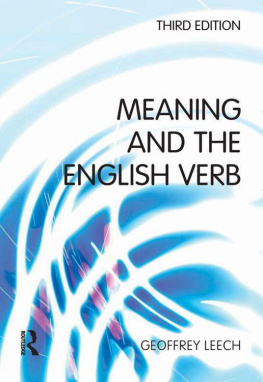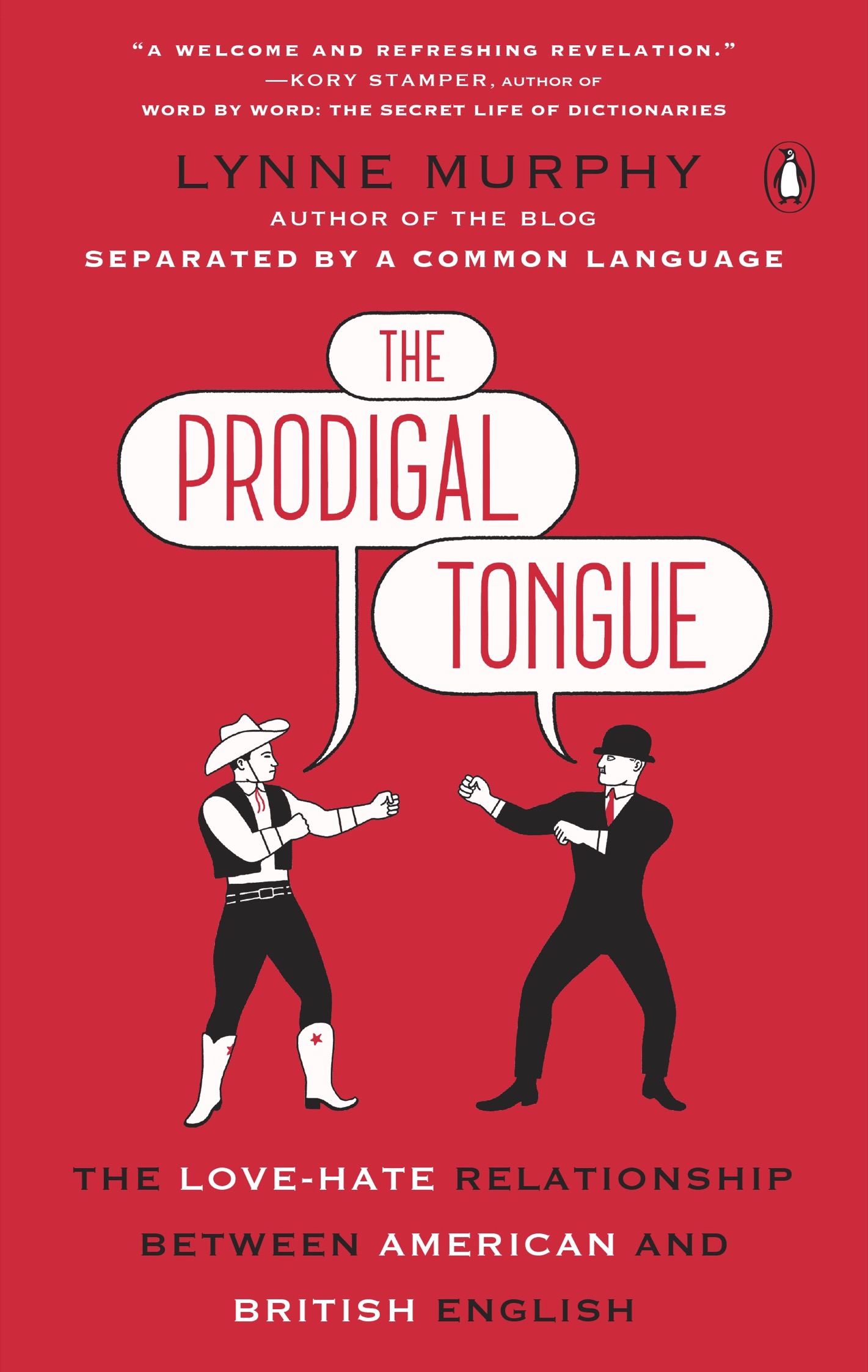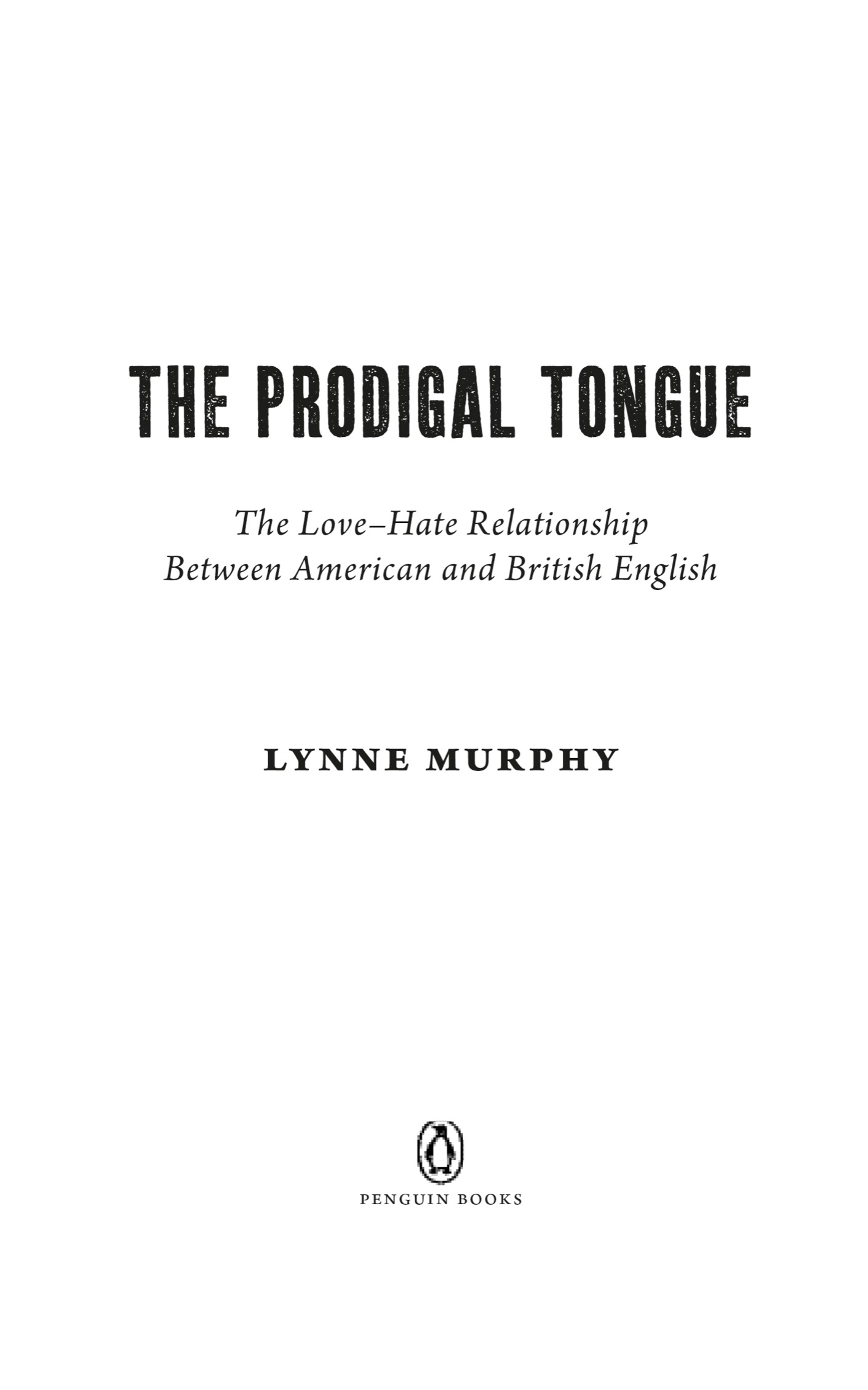PENGUIN BOOKS
THE PRODIGAL TONGUE
Lynne Murphy is Professor of Linguistics at the University of Sussex. Born and raised in New York State, she studied linguistics at the Universities of Massachusetts and Illinois, before starting her academic career in South Africa and Texas. Since 2000, she has lived in Brighton, England, where she has acquired an English husband, an English daughter, and an alter ego: Lynneguist, author of the award-winning blog Separated by a Common Language.
Praise for The Prodigal Tongue
[Murphys] delivery is sparkling, her approach mischievous, her material brightened by the unexpected.
Lionel Shriver, The Times Literary Supplement
The war of words waged between Americans and Brits has been filled with dour pedantry on both sideswhich is what makes Murphys book such a welcome and refreshing revelation. Murphy playfully and expertly pokes at the linguistic chauvinism displayed on both sides of the Atlantic, slyly overturning false assumptions and explaining the linguistic ins and outs of each others speech with candor and humor. She pulls back the curtain not just on our language, but our shared quirks, loves, and frustrations, and in the process, extols our linguistic differences as part of the rich history of English and the nations that speak it. With wit and expertise, The Prodigal Tongue calls all English speakers home to a language big enough for both fries and chips, bumbershoots and brollies.
Kory Stamper, author of Word by Word
How did we get our knickers in such a twist? The British sneer at creeping Americanisms that are neither creeping nor American. Meanwhile, their cousins in the US have an inferiority complex about their English and lust after those plummy British accents. Enter Lynne Murphy, a linguist who has a foot in each culture and a unique understanding of the Great Divide.
Patricia T. OConner, author of Woe Is I and, with Stewart Kellerman, Origins of the Specious
Forget the usual bumbershoots and lifts and lorriesLynne Murphys book on the difference between English in America and English in England is full of much more interesting things. Did you know that increasing numbers of Brits are saying haitch instead of aitch for the name of the letter H? Or that Americans are using the subjunctive ever more lately? Or that James Corden was advised when he started hosting The Late Late Show that Americans find willy and shag cute but not half-cut and knackered? Youll be chuffed as nuts on every page.
John McWhorter, author of Words on the Move and Talking Back, Talking Black, and host of Slates Lexicon Valley
Moving beyond facile stereotypes about British and American English, [Lynne Murphy] delves into subtle linguistic nuances with wit and aplomb. The Prodigal Tongue is a wonderful reading experience for anyone interested in understanding the true nature of these two distinct nationlects.
Ben Zimmer, language columnist for The Wall Street Journal
PENGUIN BOOKS
An imprint of Penguin Random House LLC
375 Hudson Street
New York, New York 10014
penguin.com
Copyright 2018 by M. Lynne Murphy
Penguin supports copyright. Copyright fuels creativity, encourages diverse voices, promotes free speech, and creates a vibrant culture. Thank you for buying an authorized edition of this book and for complying with copyright laws by not reproducing, scanning, or distributing any part of it in any form without permission. You are supporting writers and allowing Penguin to continue to publish books for every reader.
Excerpt from On the Loose in London by Dave Barry. Used by permission of Writers House LLC.
LIBRARY OF CONGRESS CATALOGING - IN - PUBLICATION DATA
Names: Murphy, M. Lynne, author.
Title: The prodigal tongue : the love-hate relationship between American and
British English / Lynne Murphy.
Other titles: Love-hate relationship between American and British English
Description: New York : Penguin Books, 2018. | Includes index.
Identifiers: LCCN 2017057417 (print) | LCCN 2018002135 (ebook) | ISBN 9781524704889 (ebook) | ISBN 9780143131106 (paperback)
Subjects: LCSH: English languageSocial aspectsUnited States. | English languageSocial aspectsGreat Britain. | English languageVariationUnited States. | English languageVariationGreat Britain. | English languagePsychological aspects. | English languageUsage. | English language--History. | BISAC: LANGUAGE ARTS & DISCIPLINES / Linguistics / General. | LANGUAGE ARTS & DISCIPLINES / Linguistics / Historical & Comparative. | LANGUAGE ARTS & DISCIPLINES / Reference.
Classification: LCC PE2808 (ebook) | LCC PE2808 .M87 2018 (print) | DDC 427/.9dc23
LC record available at https://lccn.loc.gov/2017057417
While the author has made every effort to provide accurate telephone numbers, internet addresses, and other contact information at the time of publication, neither the publisher nor the author assumes any responsibility for errors or for changes that occur after publication. Further, the publisher does not have any control over and does not assume any responsibility for author or third-party websites or their content.
Cover design: Roseanne Serra
Cover illustration: Luci Gutierrez
Version_3
For Arden, who says tomato bothways
CONTENTS
1
THE QUEENS ENGLISH, CORRUPTED
If there is a more hideous language on the face of the earth than the American form of English, I should like to know what it is!
Baron Somers, in the House of Lords (1979)
Americans are ruining the English language. I know this because people go out of their way to tell me so. I am a magnet for such commentsan American who dares to teach English Language and Linguistics at a British university and who has the chutzpah to write about American and British language differences on the internet. But you dont need me to tell you about the wrecking ball that is American Englishthe talking heads of Britain have been pointing it out for years. English is under attack from American words that are mindless (the Mail on Sunday),
Perhaps you had thought someone or something else was causing Englishs demise. Maybe its inarticulate young people, bent on creating a future English that consists of little more than strings of so like kinda this and stuff. Or is technology responsible? BBC journalist John Humphrys likens text-messagers to Genghis Khan; they are vandals who are pillaging our punctuation; savaging our sentences; raping our vocabulary.
But look closer and you may decide that all these dangers to English are just symptoms of a linguistic malady whose ground zero is the United States. For instance, if young people are ruining the Queens English, should we blame them, or blame America? The United States invented 20th-century childhood, which continues to shape culture worldwide in the 21st century. The seen-but-not-heard Victorian girls and boys of Britain have been replaced by the American inventions of the teenager and the tween . Children born in Essex or Edinburgh or Aberystwyth live part of their lives in a virtual America, home of hip-hop, Disney princesses, caped superheroes, and fast food. The situation is bad enough that in 2007 the British media regulator Ofcom (the equivalent of the US Federal Communications Commission) called for a national debate on the proliferation of American childrens television on British screens. We dont want our children growing up with American accents, proclaimed former BBC

